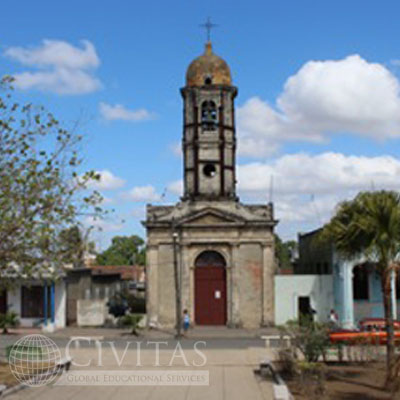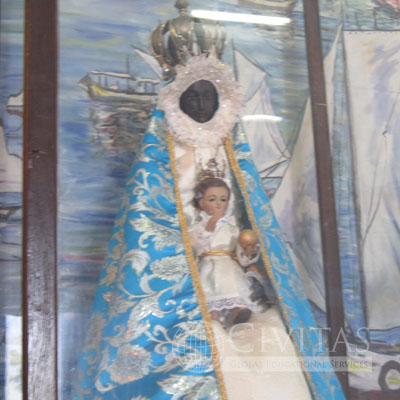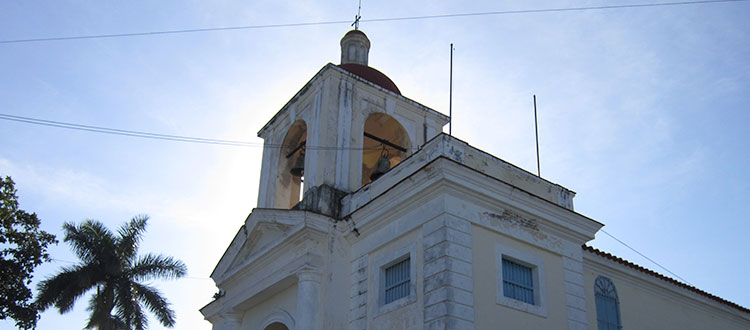Religious Syncretism in Cuba: the Fiesta de Santa Bárbara
– Dr. Cynthia Duncan, Professor Emeritus of Hispanic Studies at the University of Washington in Tacoma
In the USA, many people who practice Regla de Ocha (Santería) question why their Cuban brothers and sisters continue to celebrate Catholic saint days and use them as occasions to honor African orishas. In the past, this tendency was explained as “religious syncretism,” that is, the mixing of two different religions as a way to “hide” orisha worship behind the saints. Today people don’t have to hide their faith. But, the Lucumi religion doesn’t require people to abandon other belief systems, especially when they’re linked to family and tradition. Cuba is traditionally a Catholic country, and religious festivals like the one for Santa Bárbara on December 4 are part of Cuba’s cultural heritage. Many Cubans feel that it’s a way to honor the past and their ancestors when they celebrate Santa Bárbara’s day.
In Palmira, the festival of Santa Bárbara has an especially important meaning because it’s associated with the end of slavery in Cuba. Many former slaves settled in Palmira when they were liberated, and they founded Lucumi religious societies as a way to preserve their African heritage. These societies were initially under the “protection” of the Catholic Church, so they were named after Catholic saints. The Sociedad de Santa Bárbara was the first to promote Saint Barbara’s day as an important event in Palmira, but since the early 1900s it’s been a community-wide celebration, characterized by African drumming and chants, and ceremonies in honor of Changó.

The Catholic church on Palmira’s town square. Many former slaves settled in Palmira and continue to celebrate festivals associated with saint’s days, like that of Santa Bárbara on Dec. 4.

The Virgin of Regla, who presides over the Catholic church in Regla. She is syncretized with the orisha Yemayá in Cuba. Many people make pilgrimages to ask for her help.

